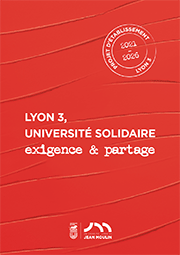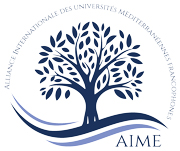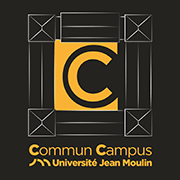AccueilRechercheProgrammes et productions scientifiquesThèsesThèses soutenuesThèses soutenues - 2006-2021Thèses soutenues - 2018
-
Partager cette page
- Recherche,
DIALLO Elhadj Mohamed Ramadan
Ethnicité et processus démocratique en Guinée, de 1990 à nos jours
Thèse en Science politique (SS), soutenue le 11 sep 2018.
For a good number of countries in sub-Saharan Africa – the French-speaking ones especially – the 1990s represented a transition from authoritarian regimes to democratic ones. This is the case in Guinea where a democratic process began in the mid-1980s, with the fall of the very strict regime of Ahmed Sékou Touré. In contrast to the Western liberal democracies on which it is based, the conventional democracy adopted in Guinea exists in the juridico-institutional layout but does not, in reality, function on the basis of political and social institutions that transcend the ethnic and community groups tensions. Ethnicity is the fundamental matrix. It is manifested by the hybridization of import-export institutional products with specific local realities. Public administration, political parties, socio-cultural organizations rely explicitly or implicitly on ethnicity in their relationship to politics. Several factors are at the root of this double phenomenon of ethnicization of the political fact and politicization of the ethnic fact in Guinea. One may attribute both to the fragility of the State which is struggling to ensure its sovereign missions - security, justice, well-being, etc. - and to the inadequacy of the anchoring of the values, norms and principles of liberal democracy in Guinean society. To this must be added the structuring role of ethnicity as a social group of political mobilization in collective representations.
Mots-clés : ethnicité, démocratie, Guinée, partis politiques, administration publique, coordinations régionales, élections, groupe ethnique, ethnicisation, politisation, violences collectives, ethnocratie.
Keywords : ethnicity, democracy, Guinea, political parties, public administration, regional structures, elections, ethnic groups, ethnicization, politicization, global violence, ethnocracy.
Directeur(trice) de thèse : Alpha A. BANO BARRY
Membres du jury :
M. Alpha A. BANO BARRY, Directeur de thèse, Professeur des universités, Université Général Lansana Conté Sonfonia-Conakry, Guinée,
M. Alioune Badara DIOP, Rapporteur, Maitre de conférences HDR, Université Cheikh Anta Diop, Dakar (Sénégal),
M. Jacques MICHEL, Professeur des universités émérite, Sciences Po Lyon,
M. René OTAYEK, Rapporteur, Directeur de recherche émérite au CNRS, Sciences Po Bordeaux,
Mme Samadia SADOUNI, Maître de conférences, Sciences Po Lyon,
Mme Brigitte VASSORT-ROUSSET, Directrice de thèse, Professeure des universités, Université Jean Moulin Lyon 3.
Président(e) du jury : Jacques MICHEL







